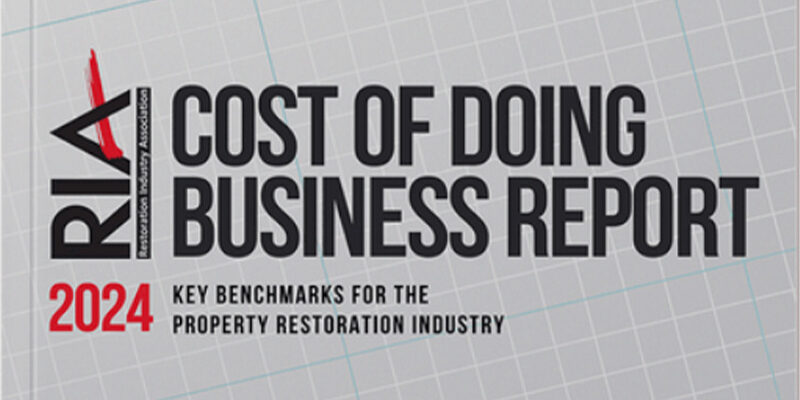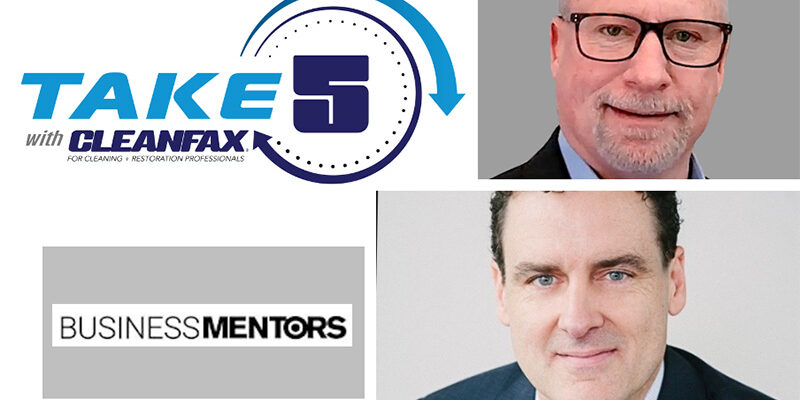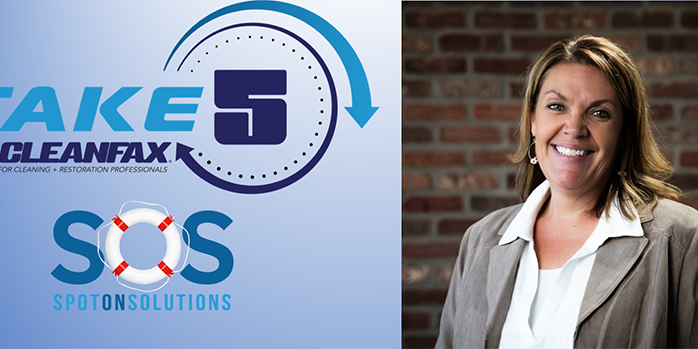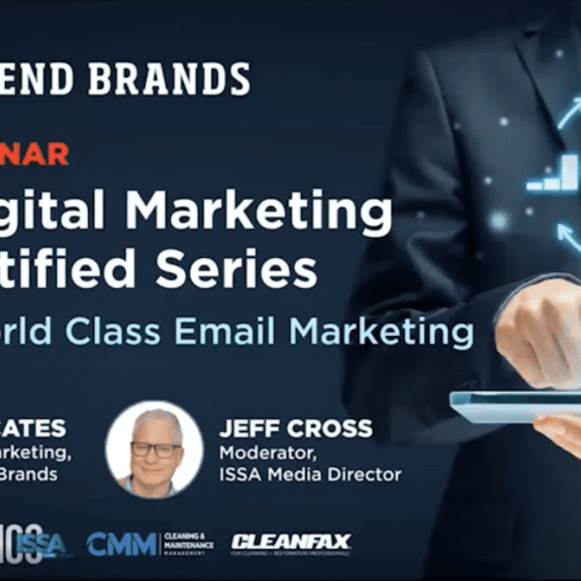The Millennial Customer Mindset

By Amanda Hosey
Millennials. You’ve probably complained about them — the group born (arguably) between 1980 and 2000 at some point — maybe even today. But the fact is, this group is growing up, and with that comes careers, families, and homeownership, which leads them to your services, making them your customers, your millennial customers.
Millennials’ annual spending already exceeds $600 billion1 and will increase exponentially over the next decade. They are the last generation of the twentieth century, raised with technology, and hyper-conscious of their communities.
The financial crisis of the last decade, perhaps most of all, plays a role in the spending habits of the millennial. More than 15 percent lost their jobs during the economic downturn and have struggled since with low-paying or under-paying jobs.2 This has led to later home buying than previous generations, but that has begun to change. Millennials are coming of age.
How millennials connect with you
We all know that millennials (like everyone else these days) are highly involved with social media channels — all of them — and they expect you to be there, too. They not only expect you to be available on social media channels, but they also want you to actively engage with them there. In a recent survey, 62 percent of millennials reported a tendency to become a loyal customer to companies they were engaged with on social media.3
What does “engagement” entail for millennials?
Not just Facebook
You need to be active on as many social media channels as possible (within reason). While our industry tends to heavily favor Facebook, keep in mind that, though it remains the largest social media platform, millennials have begun using Facebook less and less, with Twitter, Instagram, and others becoming more favored.4
Usable, shareable content
Millennials value “social proof,” which means they want to see serious content, shareable content, that proves you’re the real deal. They prefer articles and learning.5 Cater to this need by featuring interesting articles (from your website) about jobs you perform, not just before and after pictures (though those, of course, make it more shareable), but a deep dive into what happened and how you fixed it. Millennials want to engage with stories that they can connect to their own experiences.
They also want to be a part of your story. Millennials are the “me generation” for a reason. They like the spotlight. When you perform a job for a millennial, use their story (with their permission) and tag them on social media to create instant shareability. Millennials respond to being included in “the content-creation process.”
Responsiveness
For millennials, and really everyone else, it’s imperative that your company website is responsive across all devices. At least once a day, 87 percent of millennials use between two and three different devices.3 One study found that millennials alternate between “laptops, smartphones, and TV an average of 27 times per hour.” 6
Millennials stay on top of the latest devices, and your website must be able to accommodate them. It won’t matter how your site’s content is if your website isn’t responsive to all devices. A “mobile-first” strategy is a must, since smartphones are now the main method for internet connection. Even a hipster with a handlebar mustache, riding a unicycle, will have the latest iPhone.
Follows and likes
Millennials don’t necessarily engage with businesses on social media the way their parents do or the way you think they might. According to an Accenture research report, “Although millennials are masters of social media, they view Facebook and other sites differently than many marketers may assume, which can lead to misunderstandings. While clicking an icon on a social network page might indicate [they appreciate your company], that doesn’t necessarily mean they are loyal customers.” 4
Just because a millennial “likes” or “follows” your company doesn’t mean they have ever or will ever use your services. Millennials use social media for shopping information. It is a part of researching and planning, much like perusing review sites like Yelp or Angie’s List.
They follow companies on social media to find out about special deals or products, depending on shopping information from social sites much more than traditional advertising avenues.1 Millennials are very price driven, so if they are in the market for a particular service, such as carpet cleaning, they may follow several potential carpet cleaning companies and wait for a notification on a good deal from one of them.
How they spend
After coming of age during the economic downturn of the aughts, millennials spend money differently.
Millennials are more price sensitive than their predecessors, and this isn’t likely to end anytime soon. A survey from Blackhawk Engagement Solutions found “price has the greatest influence on millennials’ purchase decisions above all other factors, including quality.”7 In addition, 95 percent of millennials surveyed said their price sensitivity hadn’t changed in the previous year. 1 This is likely due to their ability to compare prices, companies, and quality with a simple search.
Savings
Multiple studies show that millennials have less money in savings than their parents or grandparents had at their age. This is due to multiple factors including lower and stagnant wages, housing costs and wages rising at different rates, spending habits, priorities, and a number of other reasons that we don’t need to go into. The point is, they’ll likely have to plan in advance to pay for your services. Millennials tend to be planning oriented, much more so than previous generations.
Even though millennials don’t have much in the bank right now, they have a plan to in the future. A report from Charles Schwab found 34 percent of millennials have written financial plans (generation X, 21 percent; baby boomers, 18 percent), and 72 percent make these plans with a professional, with 91 percent updating at annually.8 So, despite not having much in savings, when millennials begin needing your services, they’ll prepare in advance. Side note: The same Charles Schwab report found that millennials spend more than their predecessors on comforts and conveniences, so expect fewer do-it-yourselfers from this generation.
Credit
Multiple studies show millennials avoiding credit card debt, which again likely reflects on their financial understanding developing during the economic downturn of the last decade as well as restrictions on credit card marketing on college campuses. Studies from TransUnion and others found that millennials not only carry lower credit card debt balances, but also carry far fewer cards on average than previous generations. 9 In fact, according to Federal Reserve data, those under 35 with credit card debt is the lowest it has been in 30 years.10 At the same time, debit card usage continues to rise — it increased by more than 750 percent during the last decade and a half.
Personal loans are also on the rise among millennials.10 If they need your services in an emergency, they may pay for it this way, which means a cash payment to you up front since, again, millennials don’t like to hold much debt.
How you can attract millennials
 It’s important to remember that not all millennials are the same, and when you begin marketing to them, it will be important to decide which types are most important to better tailor your efforts.
It’s important to remember that not all millennials are the same, and when you begin marketing to them, it will be important to decide which types are most important to better tailor your efforts.
Boston Consulting Group breaks millennials down into six types:
- Millennial Mom: A well-off millennial with a focus on family, who stays tuned into social media and tech advances,
- Old School Millennial: A (generally) older millennial, who is not as tuned into the digital world and is cautious with spending and focused on community and charity,
- Gadget Guru: A successful, tech-savvy millennial, who is independent and nontraditional,
- Anti-Millennial: A conservative millennial, who is focused on local community,
- Hip-ennial: A charitable millennial, who is very into social media and is cautious with money,
- Clean and Green Millennial: A millennial, who is very active in social causes, healthy, and into in-depth content.6
Discounts
Most millennials are active in social media, and most of them follow companies on at least one platform, but as previously discussed, just because a millennial “likes” your company, doesn’t mean he’ll ever use (or use again) your services. The price sensitivity of millennials means they are generally less loyal to companies. In fact, Forbes reports “two-thirds of millennials say they will switch brands if they are offered a discount of 30 percent or more.”1
At the same time, studies show millennials prefer rebates to instant discounts,7 which is important to consider as you begin marketing to millennials. Offering percentage discounts over “money-back” rebates may seem like a simpler (and better) option for your company, but take into consideration that rebates are often never redeemed.
Loyalty programs
It’s also worth pointing out that millennials, while highly price sensitive and willing to switch companies for the right deal, can be loyal. While money is an important factor in bringing in millennials, we all know deep discounts aren’t the way to keep customers. Most millennials find “connection” important, so now is the time to build relationships with millennial customers. They have a lot of buying years left.
Loyalty programs, however, are important to millennial loyalty. They want to see incentive to keep coming back to your company. The Blackhawk report found that “95 percent or more of millennials say they want their brands to court them actively.”7 Returning-customer promotions or refer-a-friend promotions sent via text or email are reasons for millennials to stick around.
Millennials are also warier of how they use their financial accounts online, so adding a hyper-secure payment option like PayPal is a smart idea as well.
Authenticity
 Millennials crave authenticity. They don’t want to hear scripted dialogue on the phone, and they especially do not want to hear traditional “sales talk.” They expect natural, genuine conversation whether on the phone, in text, or on social media.6
Millennials crave authenticity. They don’t want to hear scripted dialogue on the phone, and they especially do not want to hear traditional “sales talk.” They expect natural, genuine conversation whether on the phone, in text, or on social media.6
This also means providing more information about who you are. Don’t use a generic “about us” page for your website. It should be authentic. List your technicians and administrative staff with pictures and bios with genuine information (hobbies, pets, etc.). Millennials want to feel like they know you.
They expect the content you post to be authentic, too. They like long-form content. They want to learn something from you, the expert, that they can then share with their friends. You might not think they want to know about carpet cleaning, but they want to learn something new.
Millennials also expect your company to be involved in the community. Look back at types of millennials listed in this article, and you’ll see the community/charitability is the most common feature (along with technology involvement) across all six types. Of millennials, 75 percent pointed to charitability within the community as fairly or very important to see from the companies they choose.3 “They are sick and tired of corporate greed and are still recovering in the aftermath of the financial crisis,” Forbes reports, adding they would rather spend with companies that help the community.
Millennial customers
Marketing isn’t the only thing to consider as millennials age into service industry spending; you also need to think about how you interact with them after your marketing has drawn them in.
Millennials do not like talking to customer service reps on the phone. They would much rather use a chat feature on your website, message you on social media, text, or even email. Believe it or not, Entrepreneur found that more than a quarter of millennial respondents would rather go to the DMV, and more than a third would rather have their teeth cleaned than talk to a customer service rep on the phone.6 As millennials become your customers, it’s important to start preparing for this shift in customer service.
A chat feature on your website, with a CSR monitoring it during business hours, is imperative. Your CSRs should be continually monitoring social media, too. Chat responses should be immediate; social media or text responses should be within 10 minutes.6 If a millennial doesn’t get a quick response, they’ll move on.
To make your millennial customers happy, you should offer self-service functions on your site. It’s important that you offer up-to-date, responsive service scheduling on your site. Once again, millennials don’t want to talk on the phone, so they don’t want to fill out a schedule form only to get a message that someone will be calling them to set up the appointment. They probably won’t answer that call. More than 70 percent expect self-service functions on company websites.6
That self-service mentality should extend to your shareable site content as well. Consider offer a frequently asked questions (FAQs) page for things like dealing with spills and preparing for your appointment, especially with videos. You obviously don’t want your customers trying to clean their own carpet, but offer between-cleanings tips. This also makes you an expert in their eyes.
A quarter of millennials will never use a company again after a bad customer service experience.6 That goes back to the loyalty issue — they have no problems changing companies if your customer service isn’t top notch.
Future customers
The idea of catering to millennial clients may be frightening, but it’s the future you must prepare for. They are the future — and your company’s future clients — who will spend $1.4 trillion annually by 2020 and will make up 35 percent of all U.S. spending by 2030.4
It’s crucial that you get ready to accommodate this type of customer. If you don’t, your competitors will grab them up faster than you can share a meme.
References:
-
- Kestenbaum, Richard. “This is How Millennials Shop.” Forbes. 14 June 2017. bit.ly/2NagEd5.
- Cussen, Mark P. “Money Habits of the Millennials.” Investopedia. 30 June 2017. bit.ly/2m97Mcj.
- Schawbel, Dan. “10 New Findings About the Millennial Consumer.” Forbes. 20 Jan 2015. bit.ly/2mbViks.
- Donnelly, Christopher and Renato Scaff. “Who are the Millennial Shoppers? And What Do They Really Want?” Outlook: The journal of high-performance business: Vol. 2. 2013. accntu.re/2m816vc.
- Hyrkin, Joe. “The Secret to Creating Content for Millennials? Skip the Short Form, and Go Deep.” Forbes. 22 October 2015. bit.ly/2cOaNLO.
- Rampton, John. “9 Things You Need to Know to Give Millennials Great Customer Service.” Entrepreneur. 15 September 2015. bit.ly/1WprPiI.
- Gasca, Peter. “8 Shopping Habits of Millennials All Retailers Need to Know About.” Entrepreneur. 7 December 2015. bit.ly/1qt4VKT.
- Elkins, Kathleen. “Here’s How Millennials Spend Their Money, Compared to Their Parents.” CNBC. 30 June 2018. cnb.cx/2evzpMx.
- Porche, Brady. “Millennials’ Credit Card Usage Lags Gen-Xers As Young Adults.” Creditcards.com. 30 August 2017. bit.ly/2JbQCDX.
- Harrow, Robert. “The Complicated Truth About Millennials and Credit Cards.” Forbes. 13 September 2016. bit.ly/2L9F3iy.
Amanda Hosey is the managing editor of Cleanfax. She has worked as an editor and writer for more than six years, including three years with Cleanfax. Reach her at [email protected].













